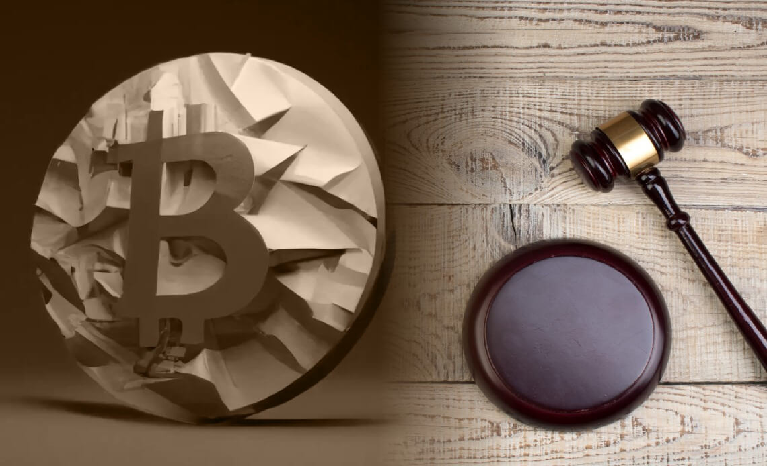In the age of digital innovation, Non-Fungible Tokens (NFTs) have emerged as a groundbreaking way for artists and collectors to buy, sell, and own digital assets. NFTs have revolutionized the art world and various other industries, offering unique opportunities and challenges concerning intellectual property rights. In this article, we will explore the legal considerations that artists and collectors must navigate when dealing with NFTs.
Understanding NFTs
NFTs are cryptographic tokens that represent ownership of a unique digital item, be it artwork, music, videos, or even tweets. Unlike cryptocurrencies like Bitcoin or Ethereum, NFTs are indivisible, meaning they cannot be exchanged on a one-to-one basis. NFTs are stored on blockchain technology, ensuring the authenticity and provenance of digital assets.
Intellectual Property Rights
Artists and collectors involved in the NFT space must be well-versed in intellectual property rights, as these are at the core of NFT transactions. Here are some key legal considerations:
Copyright and Licensing
When an artist creates an NFT of their work, they retain the copyright to the original piece. However, they can choose to license specific rights to the NFT holder, such as reproduction, distribution, or even future sale. Artists must be clear about the terms of these licenses to prevent any disputes.
Provenance and Attribution
One of the advantages of NFTs is the ability to track the provenance of digital assets on the blockchain. This is crucial for artists to maintain their reputation and for collectors to verify the authenticity of the NFT. Clear attribution and information about the work’s history are essential.
Fair Use and Transformative Works
NFTs may sometimes involve the use of copyrighted material or derivative works. Artists must be aware of the legal concept of fair use and the potential for creating transformative works, which may be exempt from copyright infringement claims.
Protecting Your Digital Assets
Artists and collectors should consider watermarking or using other protective measures to prevent unauthorized copying or distribution of their digital assets. Legal recourse may be available in cases of infringement.
Terms and Conditions
NFT marketplaces often have their own terms and conditions that govern transactions. Artists and collectors must carefully review these terms to understand the rights and obligations associated with their NFTs.
Tax Implications
Artists and collectors should also be aware of tax implications related to NFT transactions, including capital gains tax on the sale of NFTs.
Mitigating Legal Risks
To navigate the legal complexities of NFTs and intellectual property, artists and collectors can take the following steps:
1. Legal Counsel
Consult with legal experts who specialize in intellectual property and blockchain technology to ensure that your NFT transactions are legally sound.
2. Clear Licensing Agreements
When creating NFTs, artists should clearly define the terms of the license they are offering to buyers. This includes specifying how the NFT can be used and any limitations.
3. Transparency
Transparency is key in the NFT space. Artists should provide information about the creation process, ownership history, and any associated copyrights or licenses.
4. Due Diligence
Collectors should conduct due diligence when purchasing NFTs, verifying the authenticity of the digital asset and understanding the terms and conditions associated with it.
5. Stay Informed
Given the rapidly evolving nature of NFTs and their legal implications, artists and collectors should stay informed about changes in the regulatory landscape and industry best practices.
Conclusion
NFTs have brought a new dimension to the art and collectibles market, offering exciting opportunities for artists and collectors. However, it’s crucial to understand the legal landscape surrounding intellectual property when dealing with NFTs. By following best practices, seeking legal counsel, and maintaining transparency, artists and collectors can embrace the NFT revolution while protecting their creative and financial interests. As NFTs continue to shape the digital art world, staying informed about legal considerations is essential for both creators and collectors.
